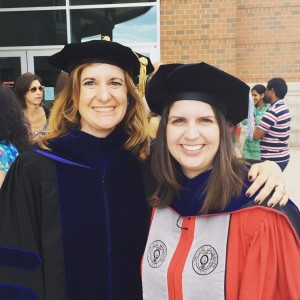Please find this post at: https://clairekampdush.com/2016/10/21/the-one-stop-shop-for-academic-jargon-definitions/
Tenure. Postdoc. Service. ABD. There are so many terms that we use in academia that beginning grad students don’t understand, and may be embarrassed to ask about. First generation college students in particular – I feel your pain! I am a first generation college student, and I had no idea what a lot of these terms meant when I went to graduate school. I somehow learned them along the way, largely informally, but the purpose of this post is to help you learn a lot of academic jargon. It is a very long post, but this is primarily aimed at new grad students, and it would be worth many new grad students’ time to read it at least once.
A few notes on this post:
- First, there are exceptions to almost every definition in this post. Feel free to leave a comment with some additional definitions of each term.
- Second, this post is really long, because every time I wrote a definition, I realized I was using jargon in the definition, which resulted in another definition.
- This list is not exhaustive, because there are idiosyncratic terms within every discipline and university. It is just intended as a (thorough) starting point for new graduate students.

photo credit: barnimages.com Dictionary page via photopin (license)
How to Search This List
The definitions in this post are not in alphabetical order, but rather in the order that definitions came up as I was defining terms, or are roughly grouped according to area of academic life (i.e. grad student, tenure track). Thus, if you are looking for a specific definition, the easiest way to find it is to search the page for that word using CTRL+F.
Definitions
Funding – a global term that most often refers to the money and/or tuition waiver a student receives for working for the university. In some graduate programs, all students are “funded” and in others, some students are “funded” and in still others none are and all students are paying for their degrees out of pocket, or themselves, most likely with student loans. Funding can be competitive in some graduate programs whereby only the best students receive funding. For faculty, funding can refer to money garnered for research. Thus, a funded faculty member may have money from a federal agency such at the National Science Foundation that they use to pay for their research.
Summer funding – summer funding means that you are getting paid over the summer, usually from a fellowship, research associateship, or teaching associateship.
Continue reading The One-Stop Shop for Academic Jargon Definitions





